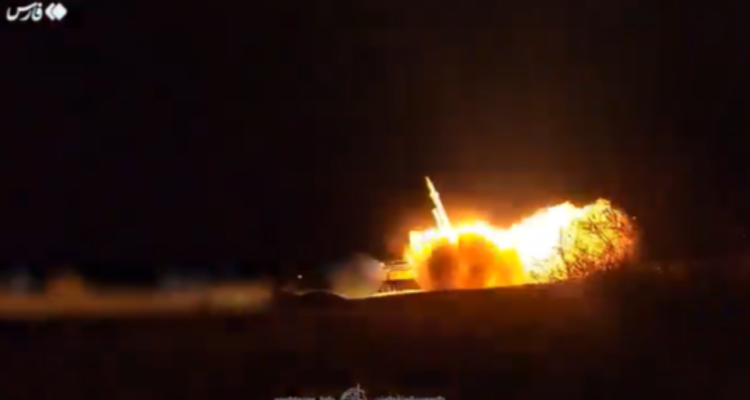“We have to assume that Iran remains postured and prepared” to strike Israel, says NSA official.
By World Israel News Staff
Israel is still facing major threats from Iran and its proxies, necessitating a bolstered U.S. military presence in the region, a White House official said on Monday.
Despite a large preemptive strike by the IDF on Hezbollah, which mostly foiled an aerial fault by the terror group, threats to Israel’s security from Iranian proxies remain.
“We have to assume that Iran remains postured and prepared” to strike Israel as an act of revenge for the slaying of Hamas head Ismail Haniyeh, said U.S. National Security Communications Advisor John Kirby.
The situation in the Middle East is “dynamic,” Kirby added, stressing that Washington currently has no plans to scale down its “robust” deployment of military assets in the Middle East.
“I would point you to some of the public comments that have been made by Iranian leaders and others… we continue to assess that there is a threat of attack,” Pentagon spokesperson Air Force Maj.-Gen. Patrick Ryder said in a media conference on Monday.
After Haniyeh was killed in Tehran – an act widely attributed to Israel’s Mossad intelligence agency – the Iranian government has repeatedly pledged to exact revenge on the Jewish State.
Iranian Supreme Leader Ayatollah Khamenei vowed that Israel would be subjected to “harsh punishment” for the slaying.
More than a month has passed since Haniyeh’s assassination, and Iran has yet to make good on its bombastic public threats.
Iranian officials claimed that a response to the killing was delayed due to ongoing ceasefire negotiations between Israel and Hamas.
“Despite the comprehensive support of states like the United States, Israel could not predict the time and place of a limited and managed response by the resistance,” foreign ministry spokesman Nasser Kanaani wrote on X, praising a largely unsuccessful Hezbollah attack on Israel.
“Iran is determined to defend its national security,” Kanaani said earlier in August, dismissing calls from European countries to avoid escalation with Israel.





